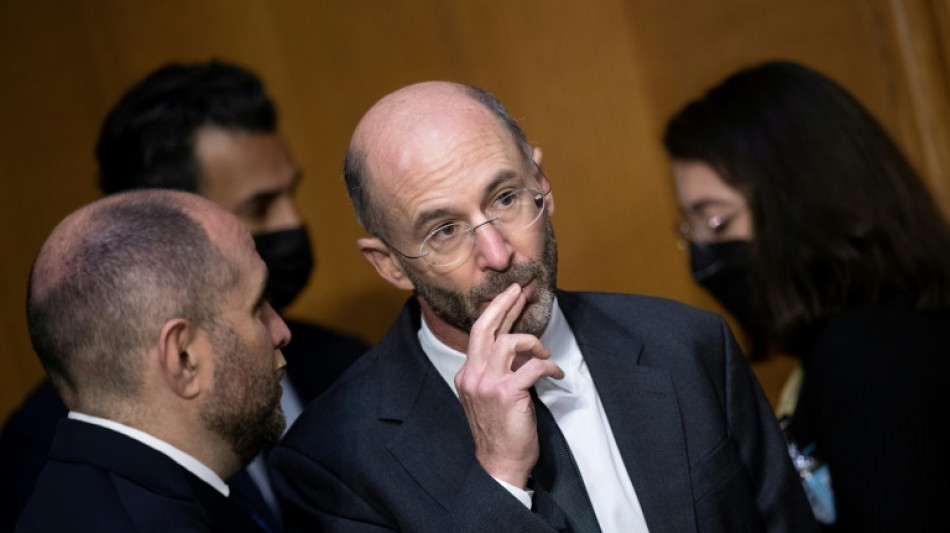

Iran says nuclear deal still possible despite Qatar talks setback
Iran insisted Thursday that a revived nuclear agreement with major powers remains achievable even as European powers backed Washington in urging Tehran to budge following talks in Qatar.
The United States said it was "disappointed" and that there was "no progress made" after two days of indirect talks with Iran brokered by an EU envoy in the Qatari capital Doha.
But Iranian Foreign Minister Hossein Amir-Abdollahian said he believed the talks had been "positive" and a deal could still be reached.
"We are determined to continue negotiating until a realistic agreement is reached," he said after a phone call with his Qatari counterpart Sheikh Mohammed bin Abdulrahman Al-Thani, who hosted the indirect talks.
"Our assessment of the recent round of talks in Doha is positive," he said.
"I insist on the fact that we are making serious efforts to reach a good, solid and lasting agreement," said Amir-Abdollahian.
"An accord is achievable if the United States is realistic."
The two days of talks, in which the EU mediators shuttled between Iranian and US delegations, were intended to reboot wider negotiations between Iran and major powers in Vienna which have been stalled since March.
The talks aim to bring the United States back into a 2015 deal jettisoned by the Donald Trump administration in 2018 by lifting the sweeping economic sanctions he imposed in exchange for Iran's return to full compliance with the limits set on its nuclear activities.
President Joe Biden's administration has "made clear our readiness to quickly conclude and implement a deal on mutual return to full compliance", a US State Department spokesperson said after the talks wrapped up in Qatar.
"Yet in Doha, as before, Iran raised issues wholly unrelated to the JCPOA (Iran nuclear deal) and apparently is not ready to make a fundamental decision on whether it wants to revive the deal or bury it."
Differences between Tehran and Washington have notably included Iran's demand that its Islamic Revolutionary Guard Corps be removed from a US terror list, a decision taken by Trump whose Republican Party is certain to denounce any shift by Biden.
- European calls on Iran -
At the United Nations, Britain, France and Germany -- which remain in the nuclear deal -- said that Iran should take a deal that had been brokered in March and reverse steps away from compliance with the International Atomic Energy Agency.
"We call upon Iran to stop and reverse its nuclear escalation, return to full cooperation with the IAEA and seize without further delay the offer on the table, which would benefit the Iranian people and nation," France's UN envoy, Nicolas de Riviere, told reporters alongside his British and German counterparts.
"Iran's nuclear programme is now more advanced than at any point in the past," he said.
"Unfortunately, it is our understanding that at the meeting which ended yesterday in Doha, Iran once again refused to seize the opportunity and, instead, made new extraneous and unrealistic demands."
China and Russia, whose relations with the West have deteriorated over the Ukraine invasion, also support a revival of the nuclear deal.
"We must do everything to revive it," said Russia's deputy ambassador, Dmitry Polyanskiy, also rejecting any "pressure on Iran."
The talks in Doha came just two weeks before Biden makes his first visit to the region as president, with trips to Iran's foes Israel and Saudi Arabia.
A.Fischer--MP




